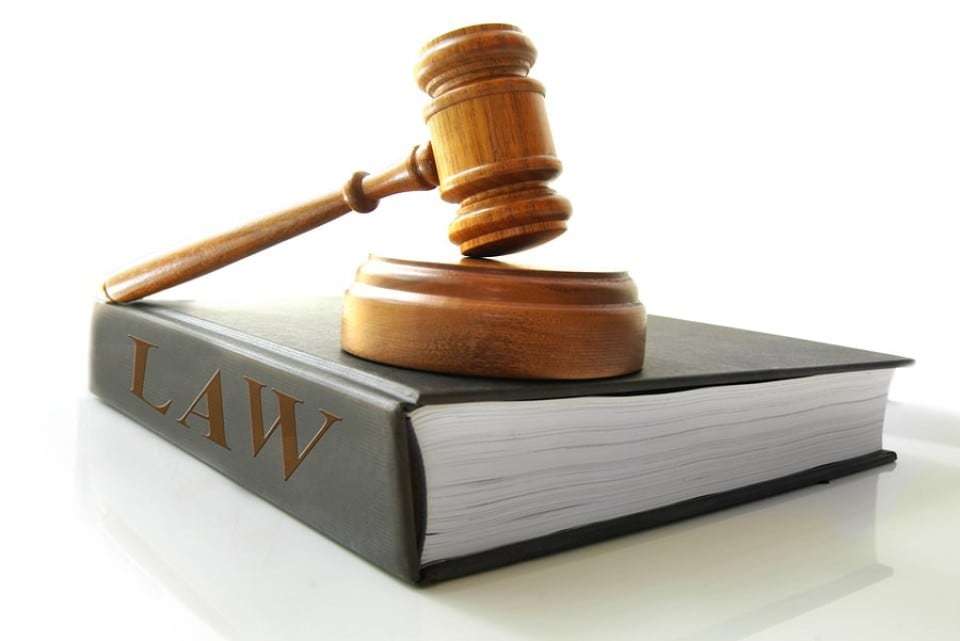The Volokh Conspiracy
Mostly law professors | Sometimes contrarian | Often libertarian | Always independent
Court vacates apparent fake-defendant libel takedown order in Patel v. Chan

About a year ago, Matthew Chan - whom I knew from another Internet free speech case - let me know that someone had apparently gotten a bogus court order aimed at removing one of Chan's Yelp reviews. Chan, a Georgia resident, posted a negative review of Mitul Patel, a Georgia dentist, on Yelp and a few other sites. Several months later, Yelp emailed him, saying that it was considering taking his comment down because it received a court order that was issued against him, and the court concluded that his comment was defamatory.
But wait, said Chan - he had never been sued. And sure enough, the order was against a supposed Mathew Chan of Baltimore. As best we can tell, no such Mathew Chan exists in Baltimore, but in any event no Baltimorean is the author of the post. Yet the order was supposedly based on that Mathew Chan agreeing with Patel that the review was defamatory and should be removed. (Patel told the court that he did not authorize the lawsuit or sign the pleadings, though he did hire a "reputation management company" to do something.)
In any event, this led Paul Alan Levy and me to investigate what seems to be a pattern of such fake-defendant libel takedown orders - at least about two dozen seem to fit that mold, and several of them have been linked to reputation management companies run by one Richart Ruddie (such as Profile Defenders). It also led me to investigate many other shenanigans related to such orders.
I'm pleased to report that last week the Baltimore City Circuit Court finally vacated the initial Patel v. Chan order, after a good deal of work on Chan's part. (He successfully litigated the case himself, though he is not a lawyer.) Congratulations to Chan and, again, a tip of the hat for blowing the whistle on this!


Show Comments (0)